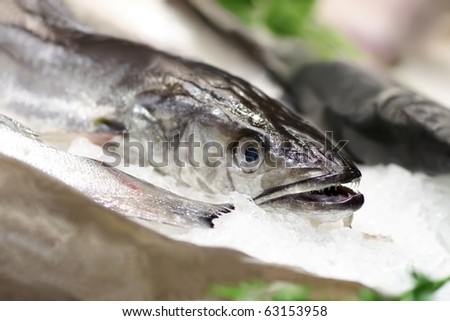
Research Your Target Audience
To successfully operate a global business, you cannot afford to ignore peculiar characteristics of various countries and geographical regions of the world when designing your marketing strategy. These include legal issues, cultural issues, language issues and suchlike peculiarities. It calls for accurate information and research data to get things right in your marketing strategy. It is imperative therefore, to thoroughly research the countries and geographical regions you are targeting before you design your marketing strategy. From your research data, you can better design your website SEO to enable cost-effective targeted ads to any part of the globe. In addition, you can deliberately create and market through a multilingual website to help you target specific foreign markets. Since your e-business is online, it is one great way it can leverage the internet to give it a better global outlook if you tweak a few things on your website based on the information from your research efforts. If such tweaks help to remove such business barriers like time zones, borders, legal, customs and commercial obstacles, it earns a global outlook and your brand can emerge a global brand.
Leverage Online Translation Tools
You cannot successfully globalize your business without factoring language barriers in your marketing strategy. The language of business is not universal around the world. To connect emotionally with local markets, you’ve got to adapt your content according to the sensibilities of local audiences. That is the first major challenge your business must deal with in your globalizing efforts. There is no cause to worry too much though. With online tools like Google Translate, you can take advantage of fast translations from one language to another across web platforms and channels. Even though the most realistic translations are still done by humans who understand context and culture better than an application or set of algorithms, these tools are really helpful for fast and effective transactions across the globe. Worldwide, every language has its own set of diverse nuances based on region and other factors. You can get around this by studying your analytics to know where your website visitors are coming from. Next is to factor in their language and culture in your marketing messages to get better results.
Give Your Website a Global Outlook
Good communication is great for business. The language of communication is greater still. If you aim to market to global audiences, your marketing strategy must factor language in. First is to consider offering your content in multiple languages if a language translation feature will not be adequate. However, if your own local language is one of the commonly spoken languages in the world such as English or French or Spanish or Chinese or Russian or Arabic, you can get by with just a language translation feature on your website. Be sure to stick to the generally accepted form of your chosen language while avoiding modern slang and colloquialisms. That makes it easier to translate for better understanding and will help your business to connect better with diverse peoples in other countries/regions of the world. If you offer more languages, you’ll gain a more competitive edge since it helps to make your business relatable to a wider global audience. That is one of the major benefits to making your website multilingual.
Make Your Content Global in Context
A great global content marketing strategy should be one that is effective on anyone who happens to stumble upon it anywhere in the world even if such persons are not in your target market. That calls for a flexible content that has global appeal. You can factor in various cultures and write blog content that consistently addresses a certain niche or field for a global audience and search engines. You can carefully use analytics to find out who, and from where your content is accessed. Write and target this audience with content that fits their search goals while remaining relevant to your products, brand and business values. Analytics data can help you to decide on where to target markets with ad campaigns and which content and context can be unique for different languages, cultures and countries. If you pay good attention to email and social media feedback, the insights can help you figure out which languages to optimize your messages with and to prioritize for translations.



